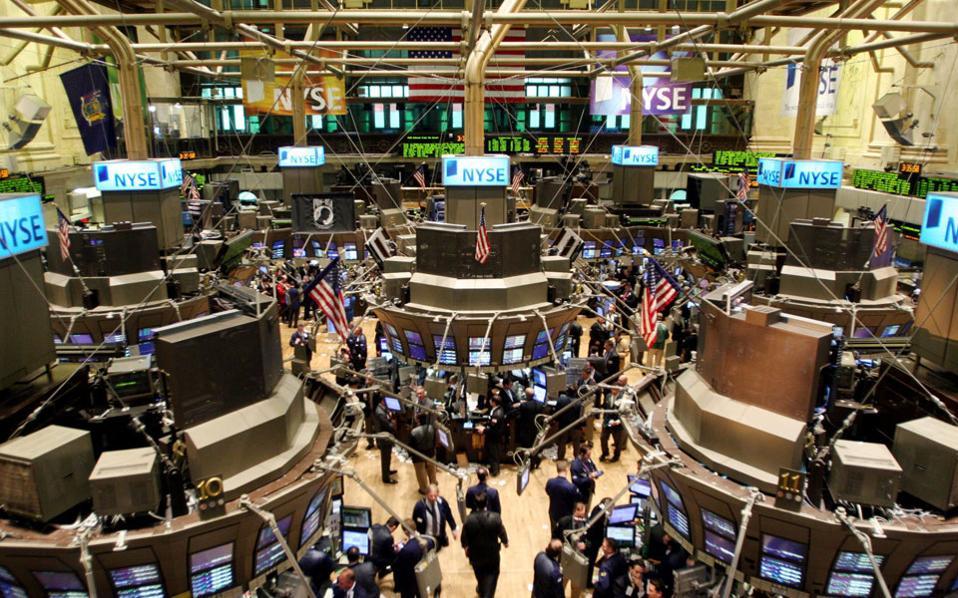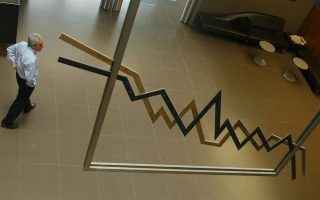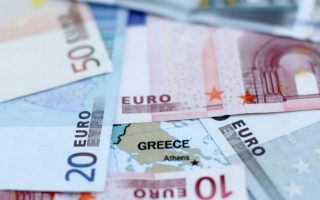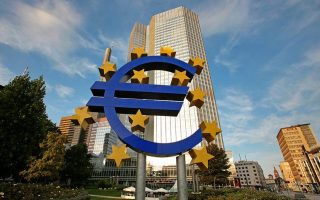Greece is a godsend for volatility-starved traders

The turmoil in Greece has been a godsend for traders, who struggle to make money when prices in financial markets are flatlining and have a much more lucrative existence when they swing freely between highs and lows.
That's been boosting profits at the securities divisions of Europe's investment banks — at the very time when they've committed to scaling back trading to take fewer risks and reinforce their capital bases.
On Friday, France's BNP Paribas posted its best quarterly profit since 2012, with a 22 percent improvement in equities revenue, and 4 percent in fixed-income sales and what it calls "good growth" in currencies and commodities. Earlier this week, Germany's Deutsche Bank said revenue from trading bonds and currencies climbed 16 percent in the second quarter, while Barclays in the U.K. said its rates and forex business expanded by 10 percent.
After years of watching market volatility decline, damped by a combination of unchanged near-zero interest rates from the world's biggest central banks and banks committing less money to buying and selling securities, traders have been granted a new lease on life by Greece's woes. Here's a chart showing how volatility in the interest-rate market has been increasing since the beginning of the year:
The prospect of Greece exiting the euro didn't fuel contagion, in the sense of investors betting that Portugal, Italy or other countries would follow. But it has made prices in the financial markets jump around — creating profit and revenue opportunities. Euronext, which operates stock markets in France, the Netherlands, Belgium and Portugal, says the second quarter brought its highest trading volumes in half a decade, with average daily volumes climbing more than 40 percent from a year earlier. Here's how volatility has increased in the German stock market in recent quarters:
The jump in volatility and the parallel gain in profit poses a dilemma for banks that have pledged to curb trading. But since the risk that Greece will imperil the euro has subsided this month, volatility has swiftly become subdued. As Greek Prime Minister Alexis Tsipras struggles to keep his government together amid domestic opposition to Europe's bailout agreement, traders may be praying that he fails.
[Bloomberg]





